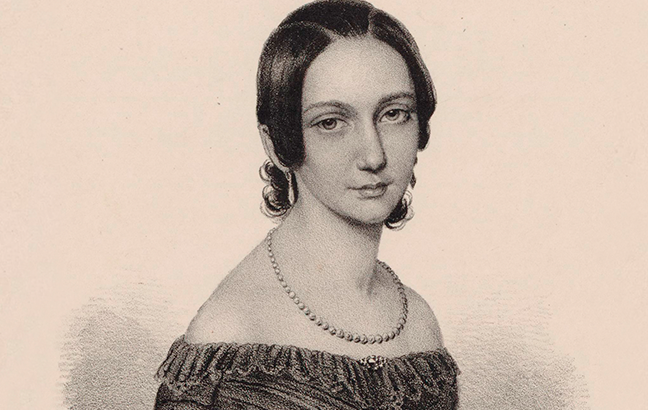
Clara Schumann: A Complete Biography
Clara Schumann (1819–1896) was one of the most distinguished pianists and composers of the 19th century. Not only was she a child prodigy, she went[…]
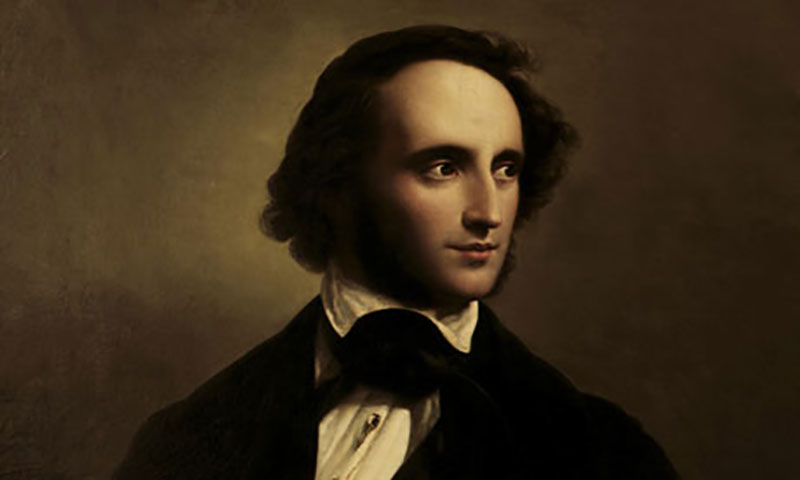
Felix Mendelssohn Bartholdy: A Complete Biography
Jakob Ludwig Felix Mendelssohn Bartholdy (1809–1847) was one of the most prominent composers of the early Romantic period. Known for his refined, lyrical style and[…]
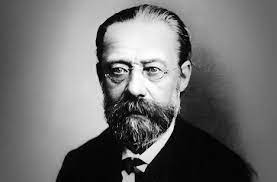
Bedřich Smetana: A Complete Biography
Bedřich Smetana (1824–1884) is widely regarded as the father of Czech national music. As a composer, conductor, and pianist, he played a central role in[…]
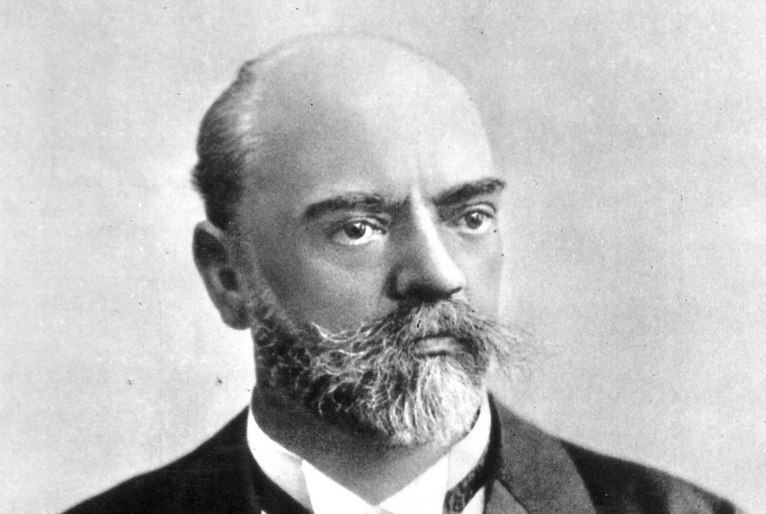
Antonín Dvořák: A Complete Biography
Antonín Dvořák (1841–1904) stands among the most celebrated composers of the Romantic era. Famed for his richly melodic compositions, Dvořák masterfully wove elements of Bohemian[…]
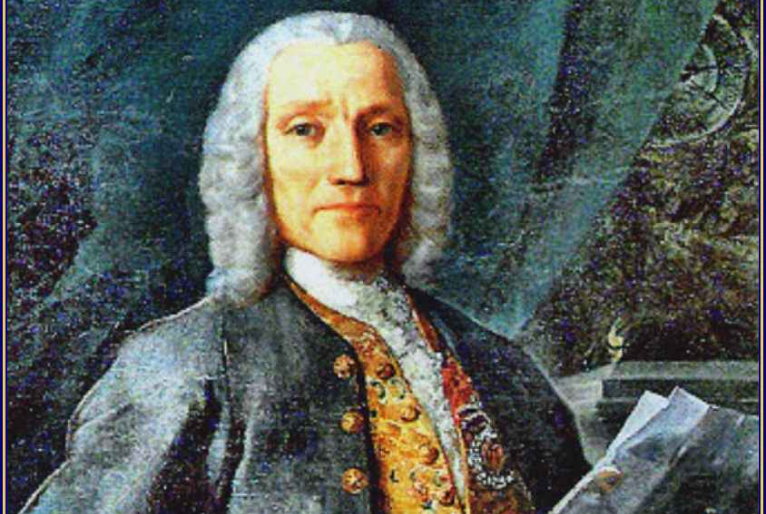
The Life and Legacy of Domenico Scarlatti
Domenico Scarlatti (1685–1757) was an Italian composer whose prolific output, particularly his 555 keyboard sonatas, significantly shaped the landscape of Baroque and early Classical music.[…]
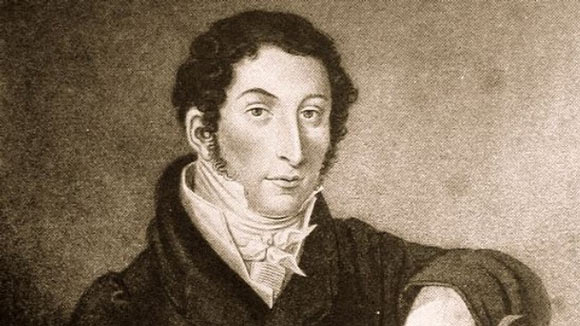
Carl Maria von Weber: A Complete Biography
Carl Maria von Weber (1786–1826) was a pivotal figure in the development of German Romantic opera and a multifaceted composer whose influence extended well beyond[…]
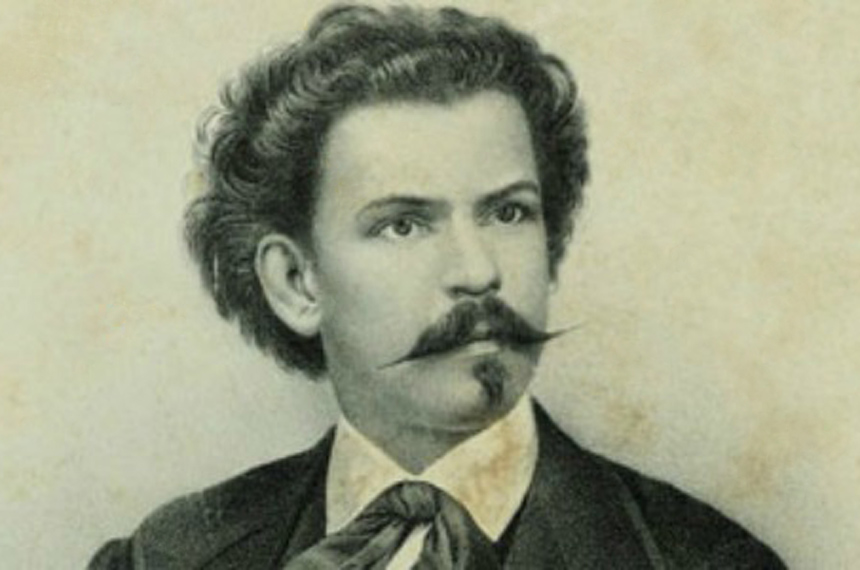
Carlos Gomes: A Complete Biography
Antônio Carlos Gomes (1836–1896) was one of Brazil’s greatest classical composers and the first New World composer to gain international acclaim in the European operatic[…]
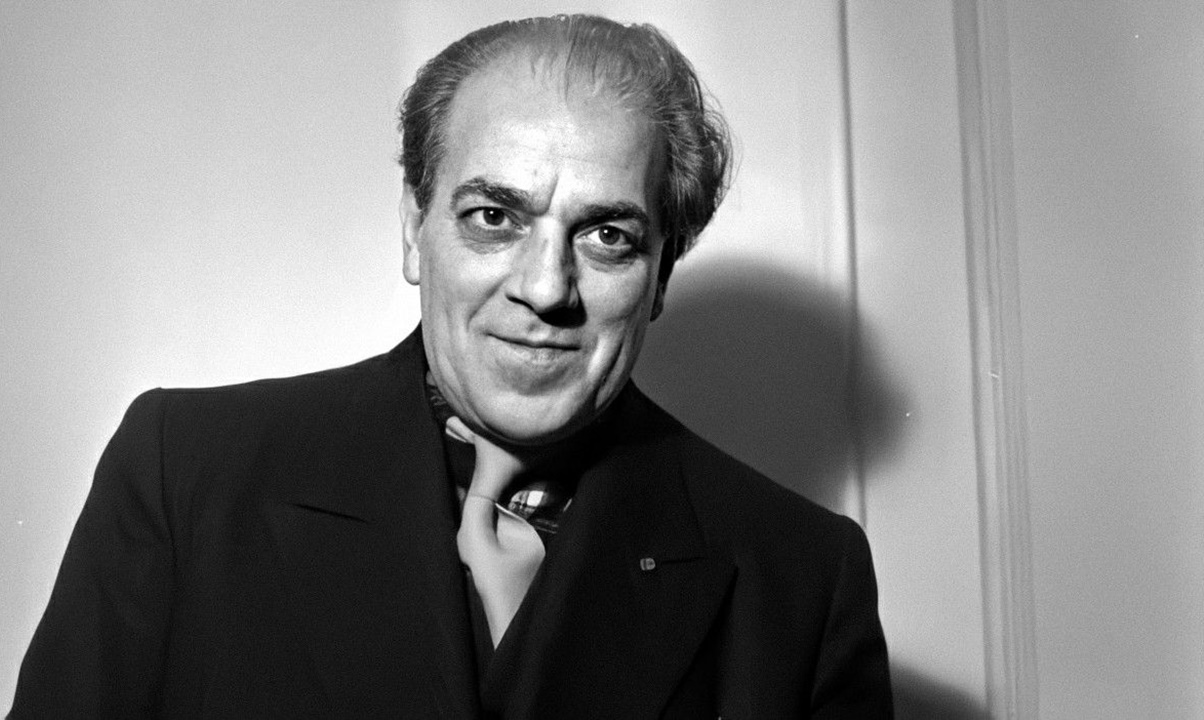
Heitor Villa-Lobos: A Complete Biography
Heitor Villa-Lobos (1887–1959) is widely regarded as the most significant classical composer in Brazilian history and one of the most innovative composers of the 20th[…]
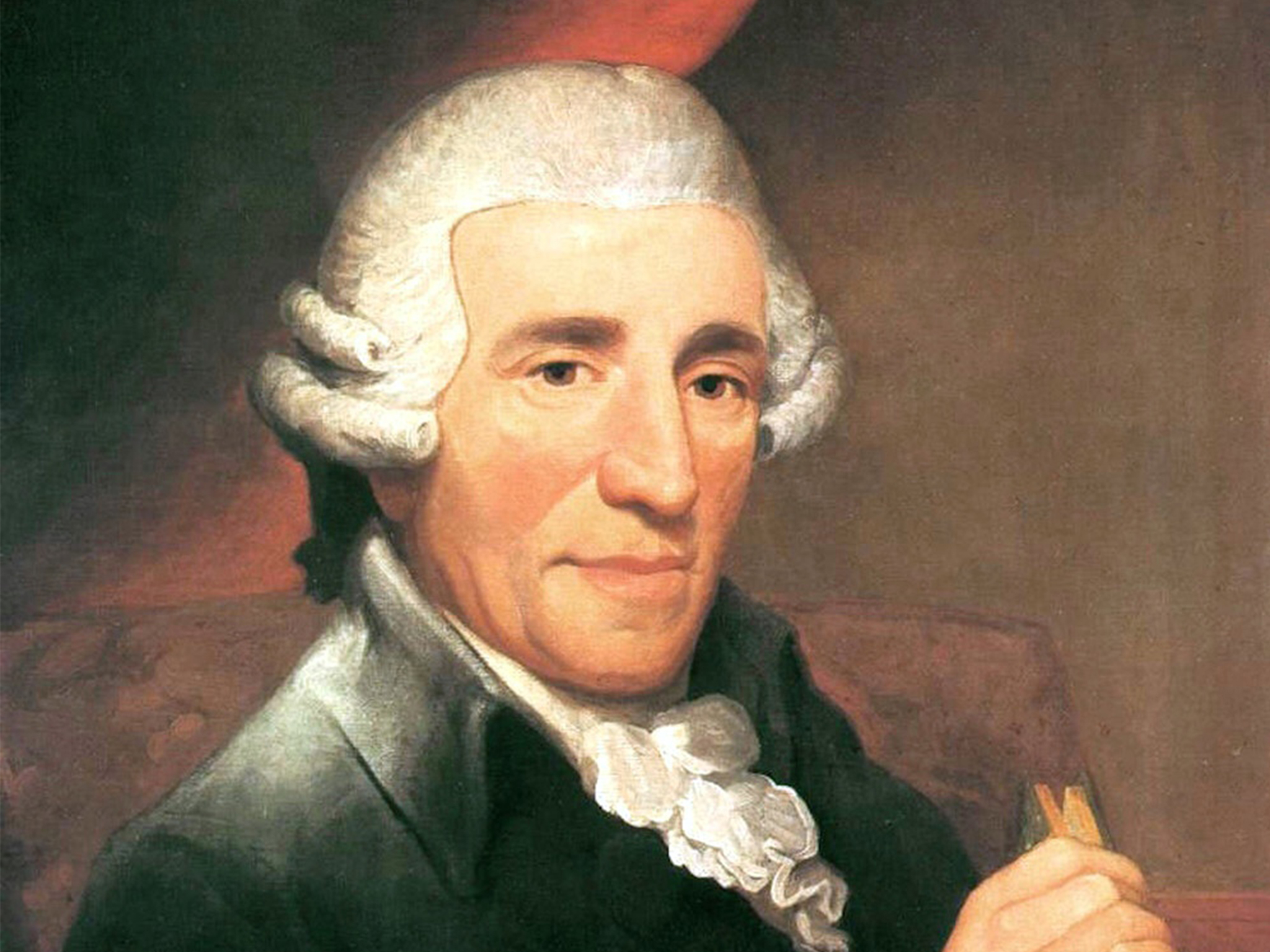
The Father of the Symphony: A Biography of Joseph Haydn
Franz Joseph Haydn (1732-1809) was an Austrian composer who stands as one of the most pivotal figures in the development of classical music. Often referred[…]
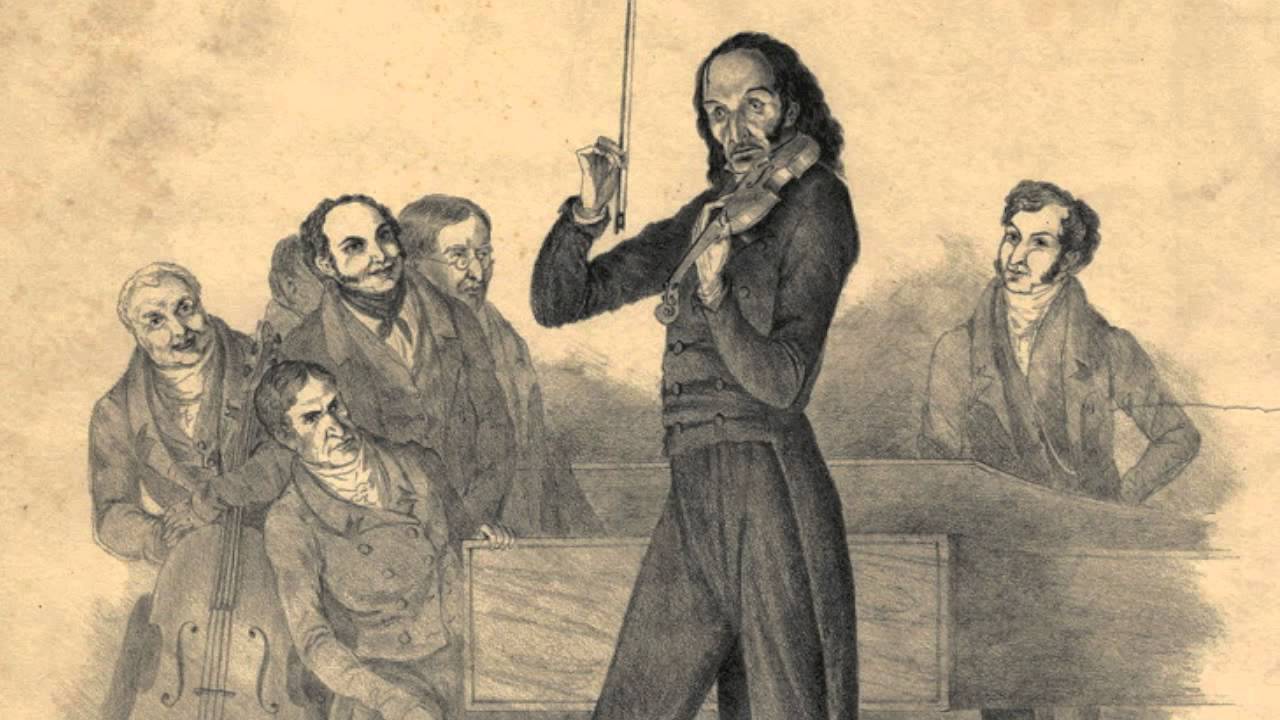
The Enigmatic Virtuoso: A Biography of Niccolò Paganini
Niccolò Paganini (1782–1840) stands as one of the most iconic and enigmatic figures in the history of classical music. An Italian violinist and composer, he[…]